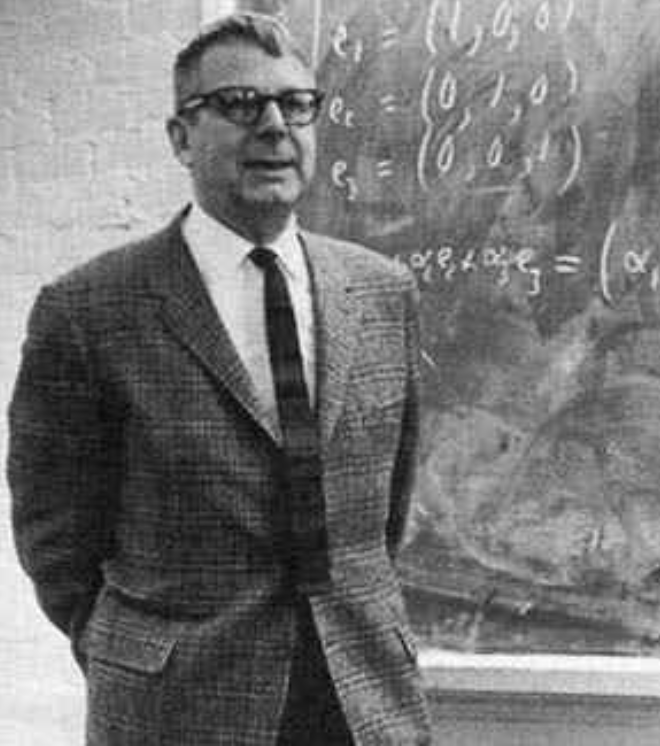
During a dinner debate with Amy Chua (known as “Tiger Mom”) Larry Summers, President of Harvard from 2001–2006, quipped, “At Harvard, the A students tend to become professors and the C students become wealthy donors.”
Summers’ facetious comment actually carries more than a grain of truth, and it challenges the assumption that high intelligence necessarily results in high income. Among the crème de la crème in the intellectual arena are those gifted students who win medals in the mathematics olympiads and the collegiate Putnam Competition.
While it is true that most of those with very high income have high IQ’s, the converse is not necessarily true. That is, there are many people of very high IQ who do not have a high income. In fact, there is something strange in the relationship between IQ and income in the high-IQ group. Many people of very high intelligence, including professors, are more interested in researching and discovering than in accumulating wealth.
Many of those among the intellectual elite go on to win a Fields Medal or a Nobel Prize. But what are their career trajectories? A table in the book Intelligence: Where We Were, Where We Are, & Where We’re Going, provides a snapshot of the careers of 11 Mathematics Olympiad medal winners, between 10 and 20 years after their victories. Only one of the uniquely talented high-IQ people displayed in that table became an entrepreneur. Though they all have incomes that are significantly higher than average, they are not likely to become billionaires. The implicit assumption in the challenge, “If you’re so smart, why ain’t you rich?” is that everyone wants to be rich and those who aren’t have failed. On the contrary, those of high intelligence often have very different goals, aspiring to solve a famous unsolved mathematical problem, to construct a paradigm that changes how we understand our world, or to write an engaging novel. A tenured professorship at a prestigious university provides enough income for a very comfortable lifestyle, and more importantly, enables an individual to pursue an intellectual passion.
Another reason why many brilliant people do not accumulate wealth is that billionaire status comes mainly from entrepreneurial enterprise, rather than employment. Wealth at the level of Jeff Bezos (Amazon), Bill Gates (Microsoft) and Elon Musk (SpaceX etc.) usually requires the creation of a business that can use technology to acquire small purchases from large numbers of people (i.e., leverage). But not all intellectuals are well-suited to entrepreneurship. While high intelligence is an important asset, there are other vital personality characteristics required for success in business. In his book Entrepreneurial Genius, Dr. Gene Landrum identifies the characteristics shared by the great entrepreneurs from Henry Ford to Jeff Bezos, and these include, passion, a tolerance for risk, tenacity, self-belief and a few other attributes. Great intellects like Kurt Gödel and Paul Erdös, even if they were interested in building wealth, would probably not well-suited to entrepreneurial ventures. For many of those who receive a dopamine high from solving difficult problems or seeking new discoveries, the accumulation of great wealth has little appeal, especially when chasing dollars requires so many risks and mundane logistical tasks. For some research on the correlation between wealth accumulation and IQ, visit: How does IQ Affect everyday life & career opportunities? – Intelligence and IQ.
